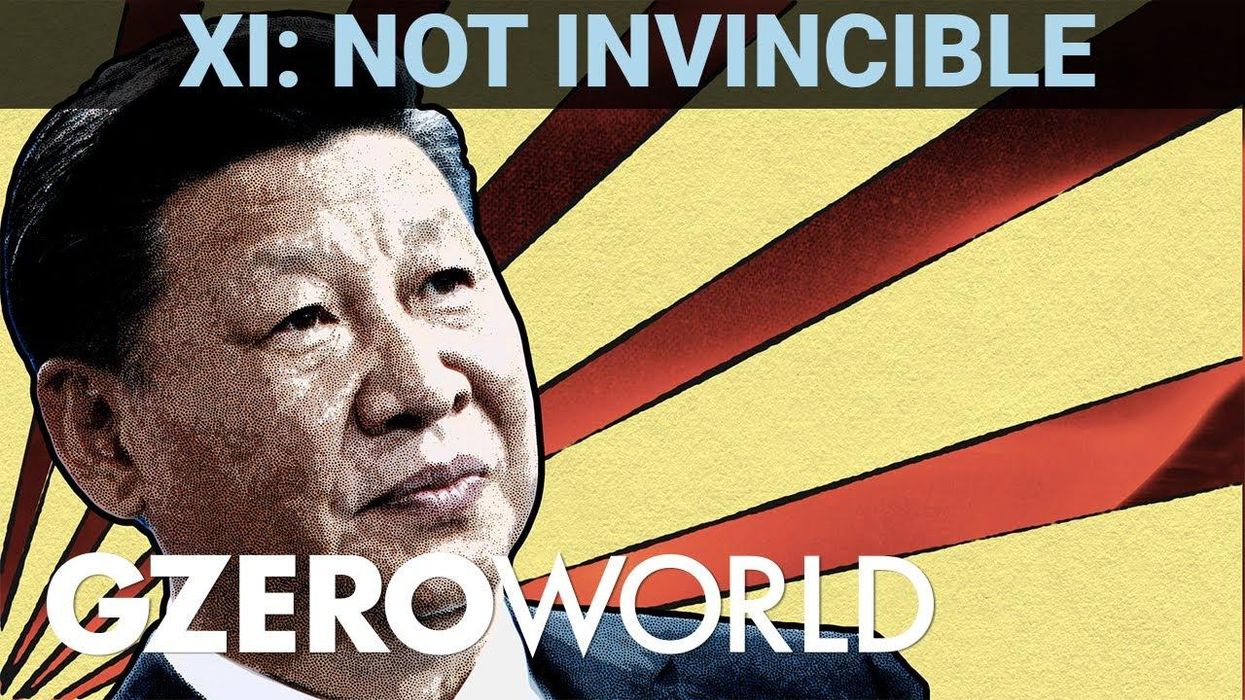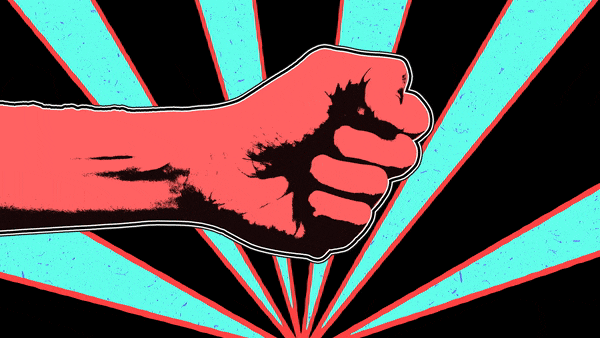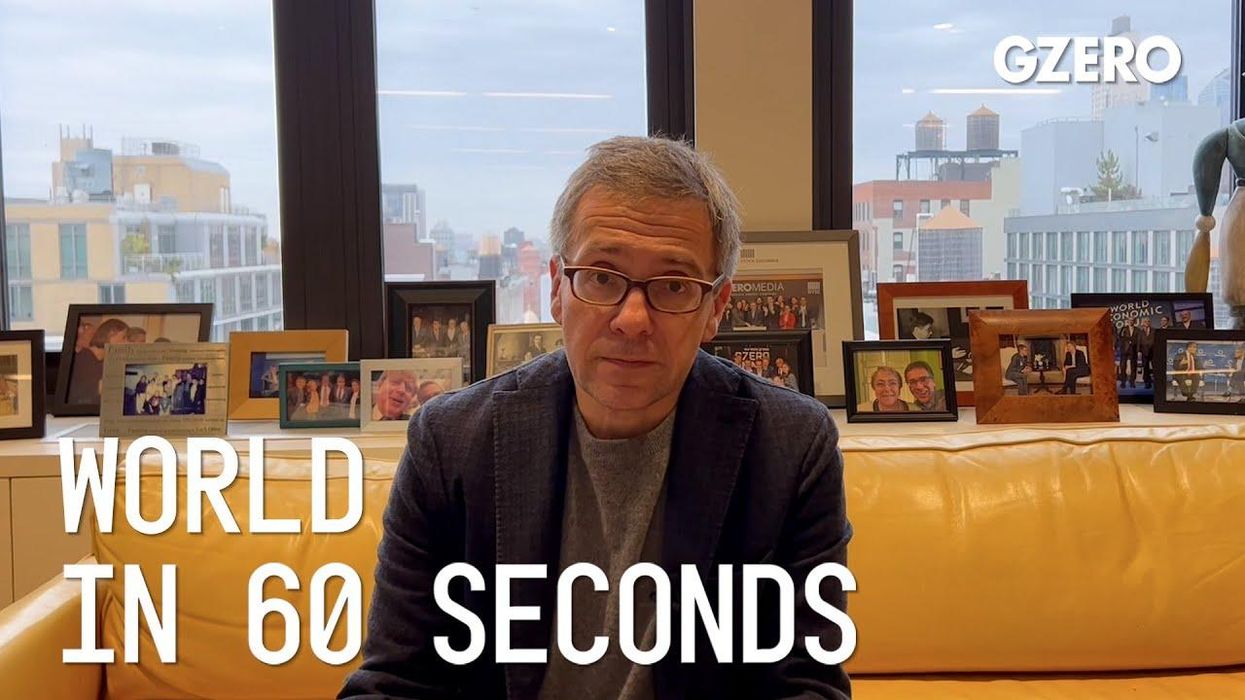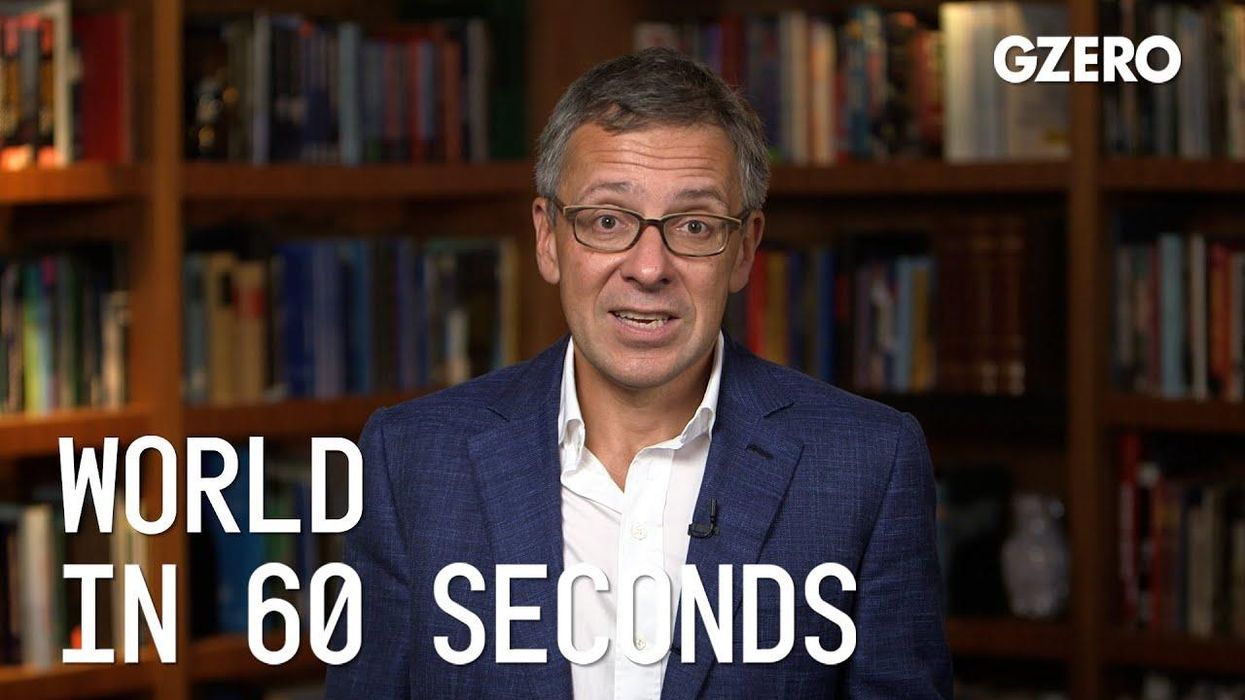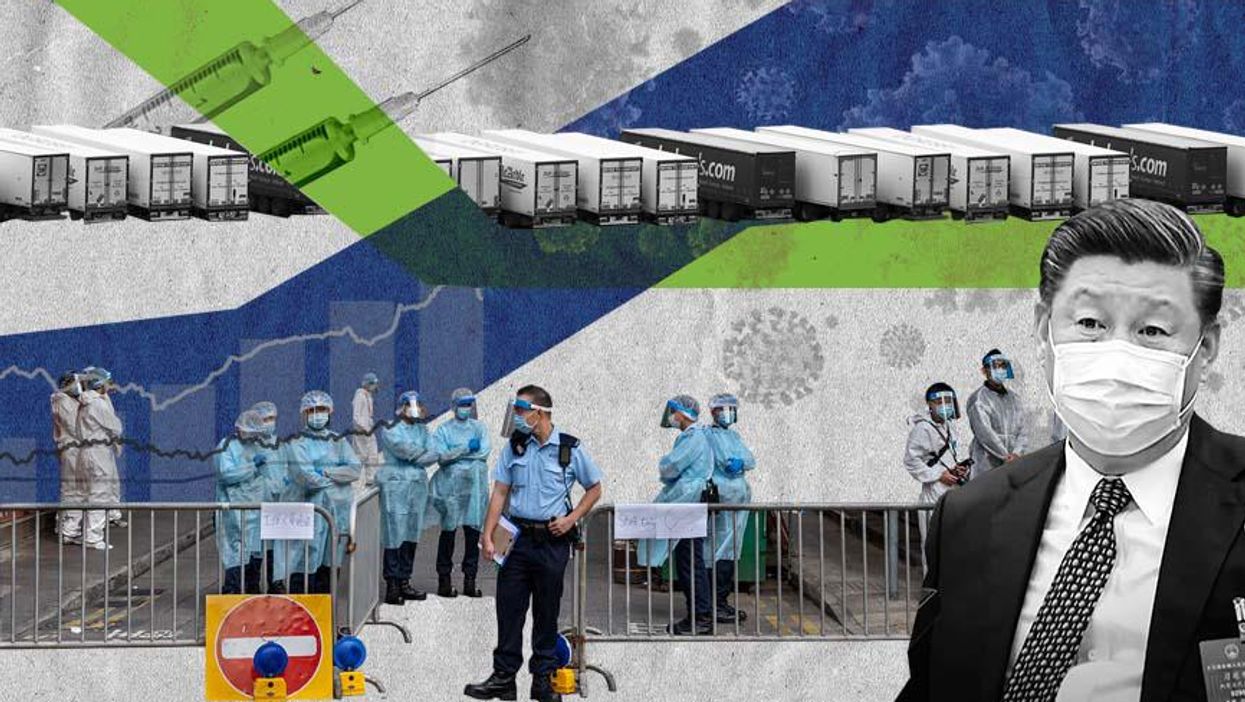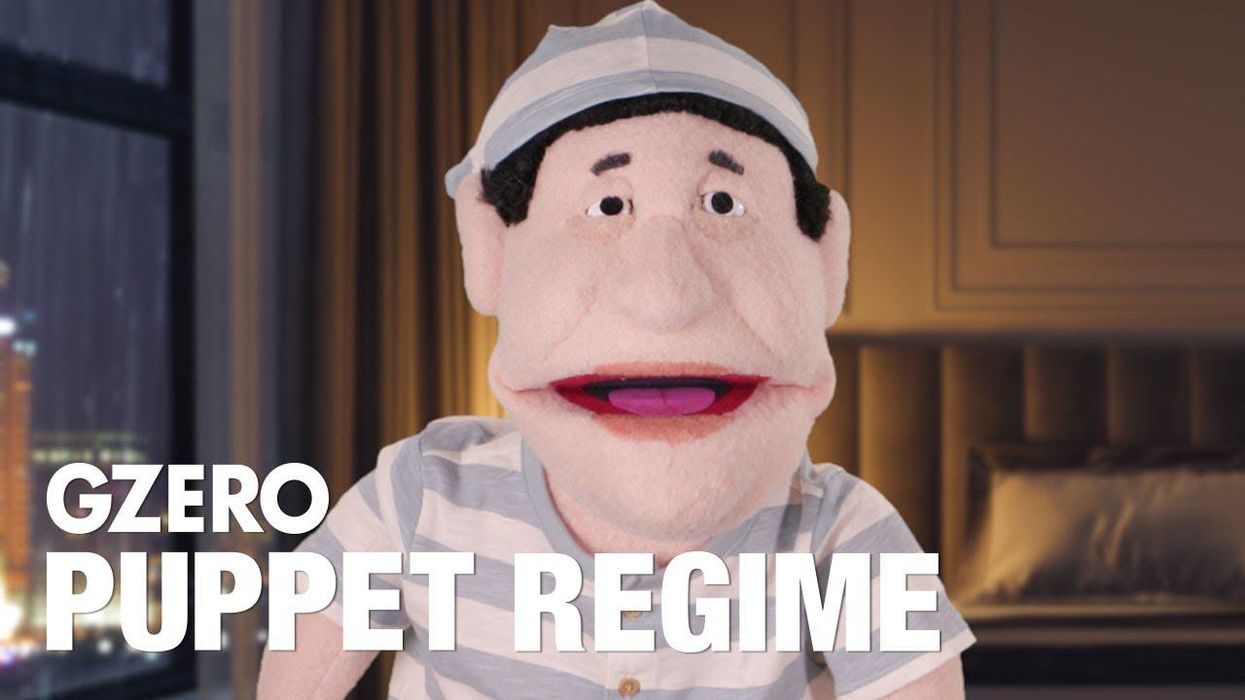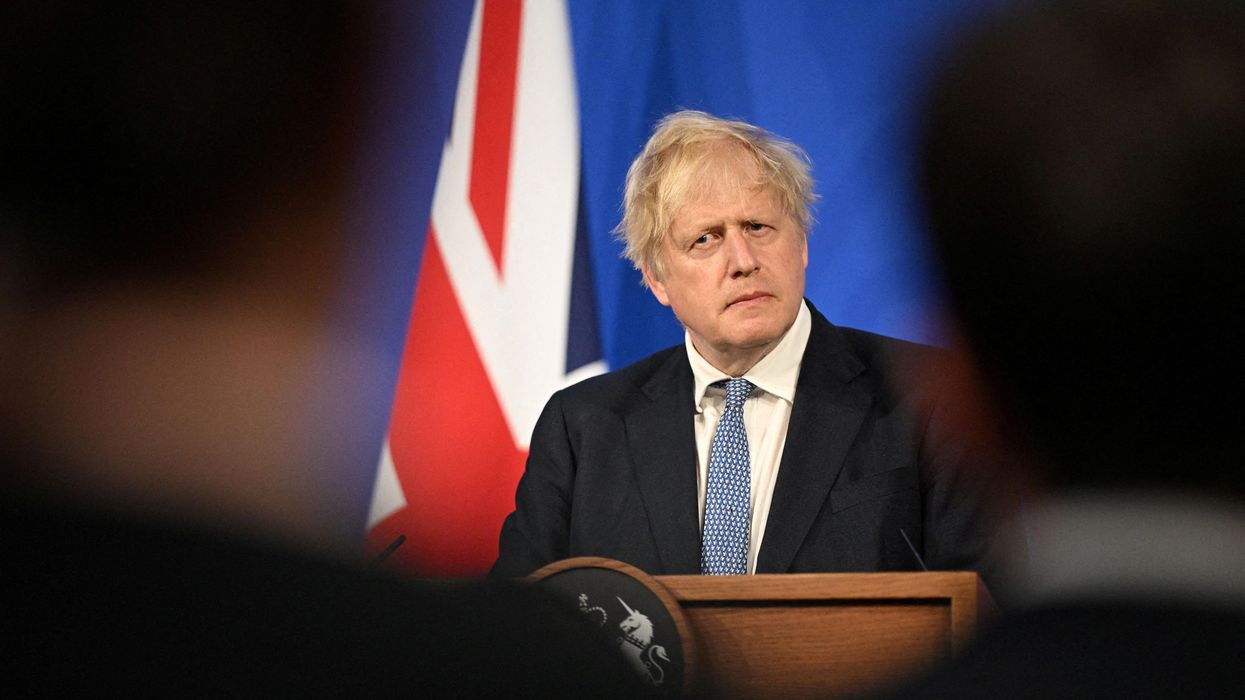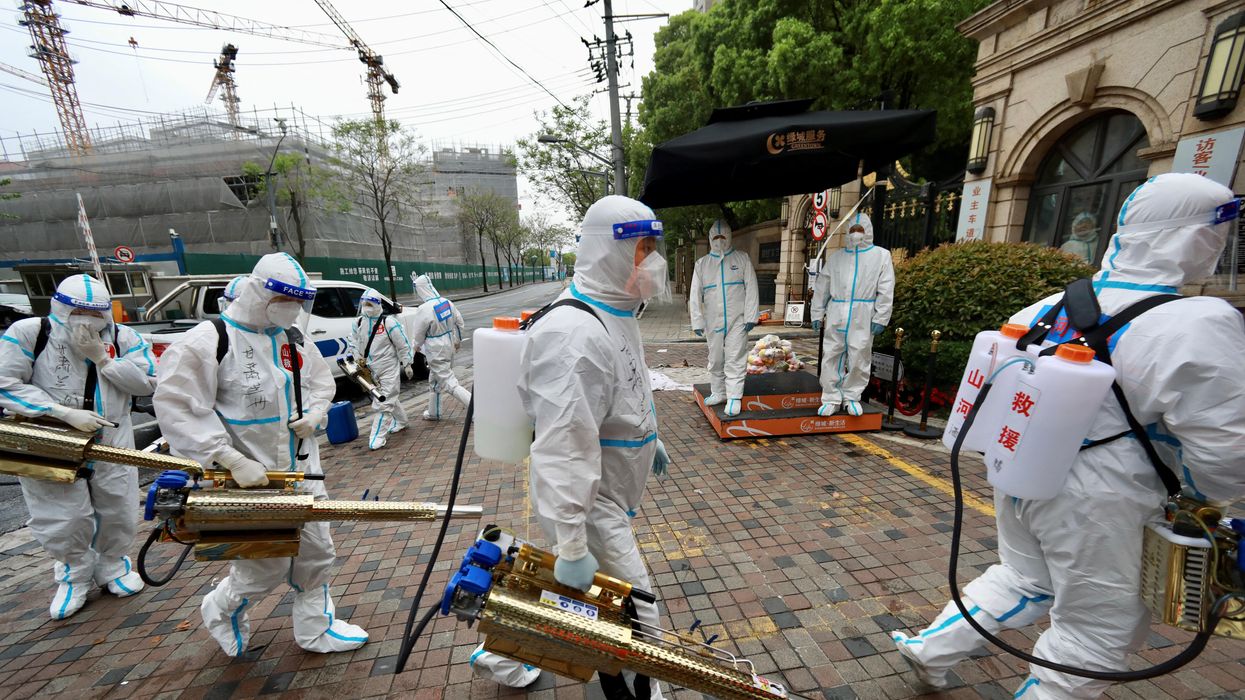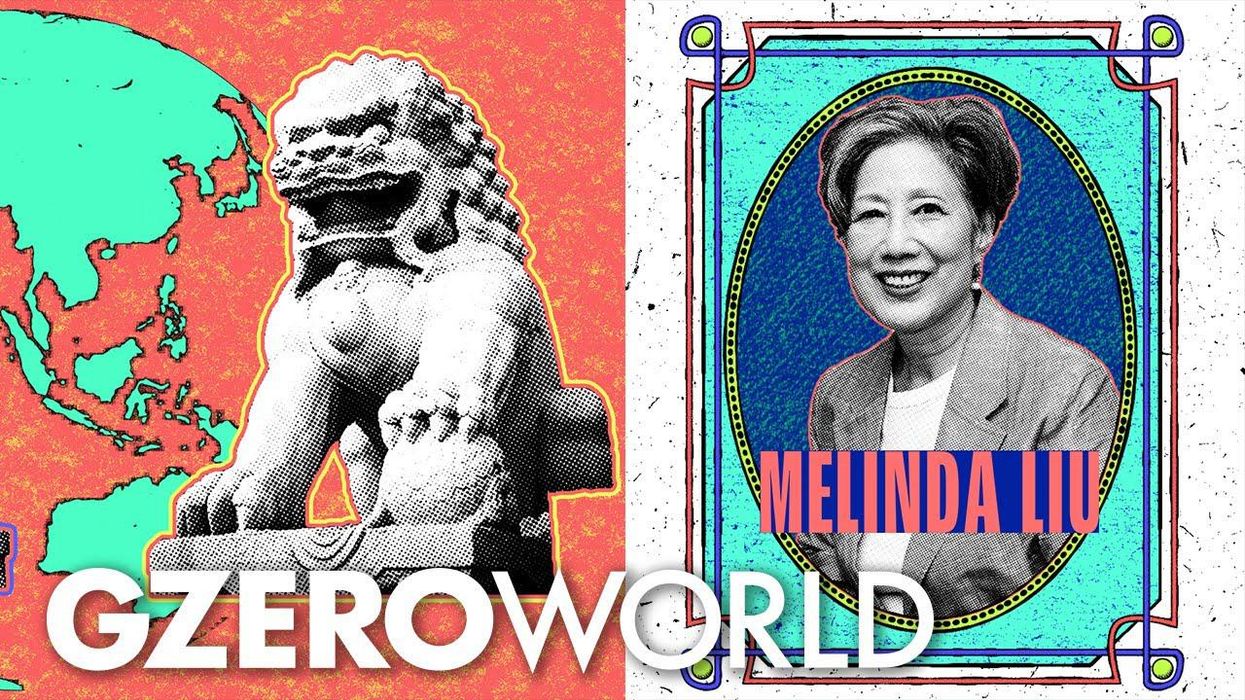GZERO World Clips
2022 showed Xi Jinping is not invincible; 2023 will be "rocky year" for him
What a year 2022 has been for Xi Jinping. On the one hand, China's leader made clear he's the big boss after the 20th Communist Party Congress. On the other, he's been forced to roll back his zero-COVID policy following protests and the damage to the economy. What will 2023 hold for Xi? “It will be a rocky year for China,” former US State Department official Anne-Marie Slaughter tells Ian Bremmer on GZERO World. Moving away from lockdowns was long overdue, but the big problem now is that a large part of the elderly population is unvaccinated.
Dec 27, 2022
